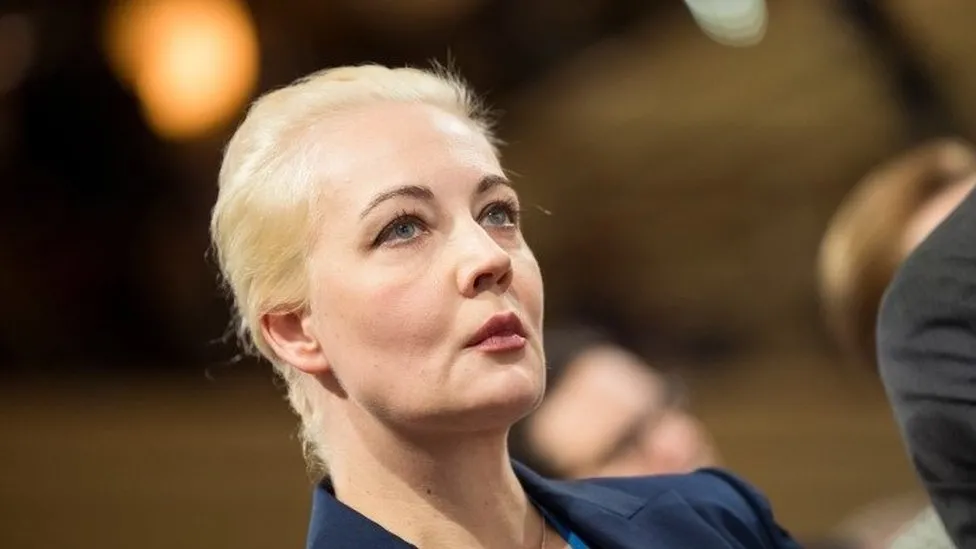Yulia Navalnaya, once preferring the shadows as her husband Alexei Navalny gained prominence as Russia’s leading opposition figure, has now stepped onto a prominent stage in Munich. Following Navalny’s recent death in prison, she pledged to pursue justice against President Vladimir Putin and his allies for his demise.
Her declaration, promising to continue her late husband’s work, marks a significant shift for Navalnaya, who previously emphasized her role as caregiver to their children and home. Now, she finds herself thrust into the forefront of Russian opposition during a period fraught with challenges.
The opposition landscape is fragmented, and Navalny’s passing has dealt a severe blow. The pressing question is whether Navalnaya can galvanize Navalny’s supporters and collaborate with other opposition factions to mount an effective challenge against Putin, who is poised for another lengthy tenure in the Kremlin.
Putin’s tightening grip on dissent within Russia, characterized by crackdowns on free speech and the incarceration of critics, poses a formidable obstacle. However, Navalnaya has experience confronting Putin’s regime, having stood by Navalny during significant protests and his subsequent imprisonments.

Accusing Putin of her husband’s demise, Navalnaya faces Kremlin dismissal of her claims as baseless and insolent. Despite the risks, she has chosen to continue Navalny’s legacy, a decision made after extensive discussions with her and Navalny’s close associates.
In their marriage, Navalnaya served as a steadfast support for Navalny, with an understanding that she would remain apolitical and out of the public eye. Navalny’s return to Russia from Germany, where he was treated for poisoning, underscores the challenges of leading the opposition from abroad, a dilemma now faced by his widow.
Navalnaya’s encounter with Belarusian opposition leader Sviatlana Tsikhanouskaya, who assumed her husband’s mantle after his imprisonment, highlights the shared struggles of leading from exile. Tsikhanouskaya emphasizes the importance of maintaining connections with those inside the country despite living abroad, a challenge amplified by state-controlled media narratives in Russia.
Navalnaya’s role is likely to be marginalized by the Kremlin, mirroring the treatment of Navalny. Efforts to discredit her have already emerged in state media and online propaganda channels, indicative of the obstacles she faces in reaching the Russian populace.
With dissent stifled further after Russia’s actions in Ukraine, Navalnaya’s task of mobilizing collective opposition against Putin appears daunting. However, she remains determined to uphold her husband’s legacy, advocating for Western support, sanctions against Putin’s inner circle, and assistance for Russian expatriates.
As Navalnaya assumes leadership of Navalny’s organization, her challenge lies in maintaining relevance amidst waning attention. Suggestions include supporting grassroots movements in Russia and identifying short-term objectives.
While the road ahead is arduous, Navalnaya’s reputation and resolve position her as a potential unifying force within the fractured opposition. Despite grieving her husband’s loss and fighting for his remains, she remains resolute in her commitment to the cause, echoing the sentiment that Putin may have taken a part of her, but her determination remains intact.


